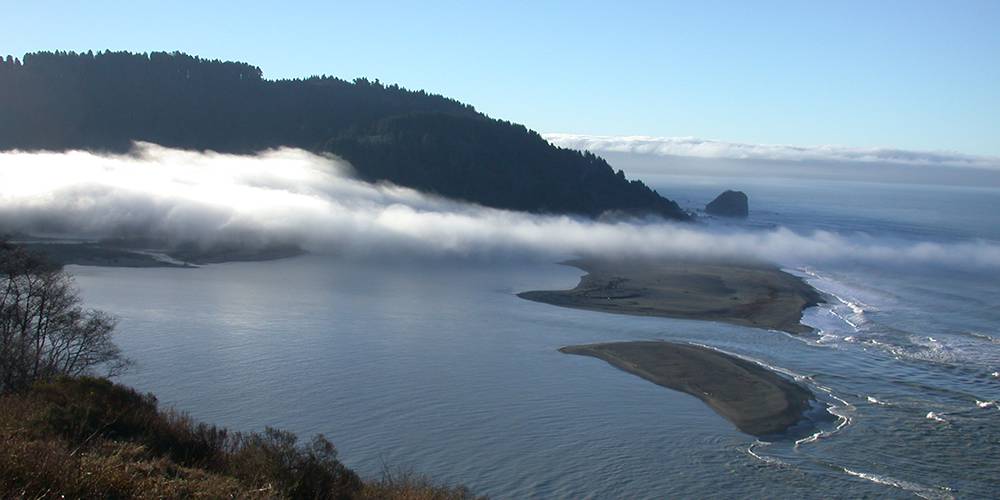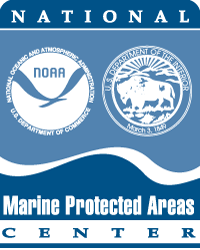
Indian Tribes have a sovereign right to govern their members and manage their lands and resources. Indigenous interests in MPAs may include: treaty rights, fishing rights, subsistence rights and culturally important areas. These rights include the responsibility to maintain associated habitats.
Because the federal government has a trust responsibility to all federally recognized tribes, conservation goals and management practices for MPAs affecting tribal resources should be established through government-to-government consultations. Learn more about NOAA’s tribal consultation responsibilities here.
Several tribes in Western Washington, Alaska and the Great Lakes have treaty-reserved fishing rights. These tribes share co-management authority and responsibility for marine resources in their usual and customary fishing areas with the federal government and/or states, depending on the specific resource and area identified. Tribes that have sole management authority may choose to establish MPAs as a tool to meet conservation goals for areas where they have management responsibilities.
Indigenous peoples have long relied upon coastal areas for subsistence, economic livelihood, and cultural and spiritual values. These places and resources remain central to the identity of those who have depended upon them for millennia. Natural resources, such as fish, have important cultural value. MPA managers should consider this integrated perspective, and incorporate traditional knowledge for better decision making.
The Cultural Resources Toolkit provides MPA practitioners with information on cultural resource management, including tribal relations.
 Marine Protected Areas
Marine Protected Areas